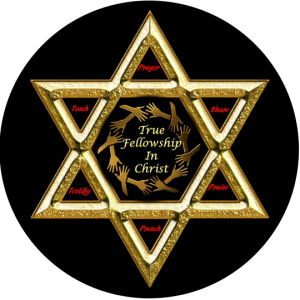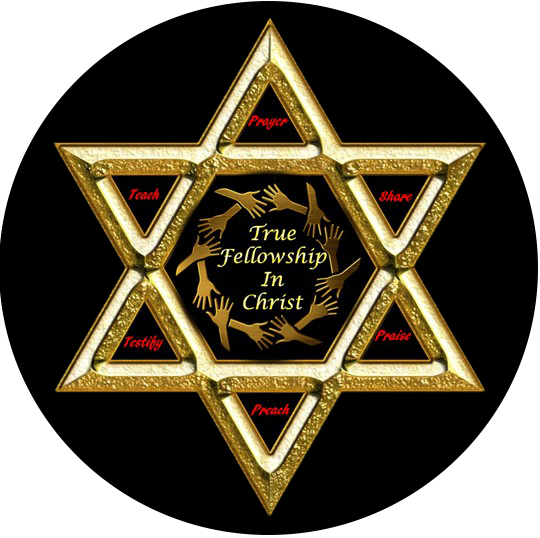Ordain
To understand the usage of ordain in the Bible requires building upon the Scripture theme. That theme delves into the early church culture and how the Gospel was primarily spread in the form of living epistles. Certain ones who strongly elicited scriptural truth as examples in word and deed were selected (appointed/ordained) to fulfill that role. They were not ordained to a position of power. Rather, by the power of God’s word as living epistles and through the strength and guidance of Jesus their head, they displayed this Godly power as living examples.
It is important to realize that an appointment did not occur without a process. To become a living epistle took time and training. The apostles were with Jesus daily for several years. Those ordained as elders or deacons would have interacted and been taught by the Apostles or by other living epistles over a period of months or years. Once they met the criteria, they would have been designated as role models, as examples, for others to follow. This was the pattern that was supposed to be followed down through the ages.
Understandably, it is extremely difficult to shift our thinking of “ordain” outside of the ecclesiastical preeminent box. Etymonline.com calculates this word came into usage in the early 14th century. By this time, preeminence within the church had been deeply established for over 1,000 years. This generational mindset takes our thinking hostage, forcing us to embrace the status quo which associates the use of “ordain” into an elitist context.
Trying to get a sense of this word within the culture of the early church, I went to the Greek text. There, I found no singularly consistent word used to represent “ordain”. The three usages I checked were from Acts 14:23, Titus 1:5, and I Timothy 2:7. The one common component in their definitions was the word “appointed”. However, using “appointed” instead of “ordain” does not solve the ingrained cultural influence of those words when applied within the religious sphere.
Before continuing, it is important not to view this as a problem regarding the inspiration of scripture. Instead, it requires two things: a bit of work and for God to open our eyes.
Study to shew thyself approved unto God, a workman that needeth not to be ashamed, rightly dividing the word of truth. II Timothy 2:15
And let us not forget Satan’s work in orchestrating all of this; shifting words in the Bible from their true meaning, especially where it helps diminish the preeminence of Jesus Christ. That is an integral part of his plan to bring many anti-Christs into this world.
To tackle this, let us not view the word “ordain” as a potential problem. Rather, let us see it as the perfect word. But only perfect if understood within the early church cultural environment. Actually, it should be easy to see it as the perfect word especially when comparing it with “appoint”. That is because “ordain” is basically a subset of “appoint.” It is a specialized appointment having religious significance. And in practically all circumstances an appointment is made based upon certain criteria; ordain signifying that there are religious criteria.
There are basically two types of criteria. One, where the criteria are to be passed on from believer to believer. The other, is a criteria directly based upon God’s sovereign will. All the apostles were directly ordained by Jesus Christ as we see here with Paul.
Whereunto I am ordained a preacher, and an apostle, (I speak the truth in Christ, and lie not;) a teacher of the Gentiles in faith and verity. I Timothy 2:7
It is notable that there is no Biblical reference to the ordination of pastors. Yet, most churches with titled pastors expect them to be “ordained” in the preeminent ecclesiastical sense. It should be clear that today’s usage of “pastor” and “ordained” are distortions for the purpose of bolstering ecclesiastical preeminence.
Another example that eliminates “ordain” as belonging only to the elite is that all believers are directly ordained by Jesus Christ.
Ye have not chosen me, but I have chosen you, and ordained you, that ye should go and bring forth fruit, and that your fruit should remain: that whatsoever ye shall ask of the Father in my name, he may give it you. John 15:16
But as God hath distributed to every man, as the Lord hath called every one, so let him walk. And so ordain I in all churches. I Corinthians 7:17
Elders (bishops) and deacons are names given to those who manifest, by word and deed, the scriptures as living epistles. This was to be recognized and openly acknowledged among the believers within each fellowship according to the criteria in I Timothy 3:1-13. Elders were ordained; however, it is interesting that there is no reference to deacons being ordained, which is another indicator that we should not elevate the word into an elitist position.
And when they had ordained them elders in every church, and had prayed with fasting, they commended them to the Lord, on whom they believed. Acts 14:23
For this cause left I thee in Crete, that thou shouldest set in order the things that are wanting, and ordain elders in every city, as I had appointed thee: Titus 1:5
Decrees were also ordained that too would have had to meet certain criterion.
And as they went through the cities, they delivered them the decrees for to keep, that were ordained of the apostles and elders which were at Jerusalem. Acts 16:4
There are certainly many more observations one could make concerning the word “ordain”. What I hope is truly clear is that to use it to support the type of ecclesiastical preeminence we see today is a clear violation of its early church cultural context.
Ralph Wendt

